Inside Dubai’s US$400 million nature-inspired mega mall
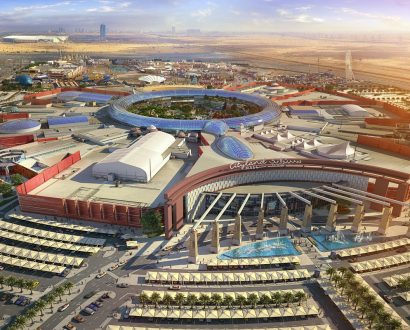
Dubai’s eye-popping architecture is nothing less than extravagant, opulent and unexpected.
From the towering Burj Khalifa and sail-shaped Burj Al Arab, to the twisting Cayan Tower and the water wonderland that is Atlantis The Palm, this city is constantly pushing the limits of ultramodern design.
Adding to Dubai’s already impressive architectural collection is Cityland Mall, a US$400 million eco-development set to become the world’s first nature-inspired shopping destination.
But to survive in a city that’s world-renowned for the grandiosity of its shopping centres, developers must go above and beyond to deliver a unique, sensory retail experience for their discerning clientele.
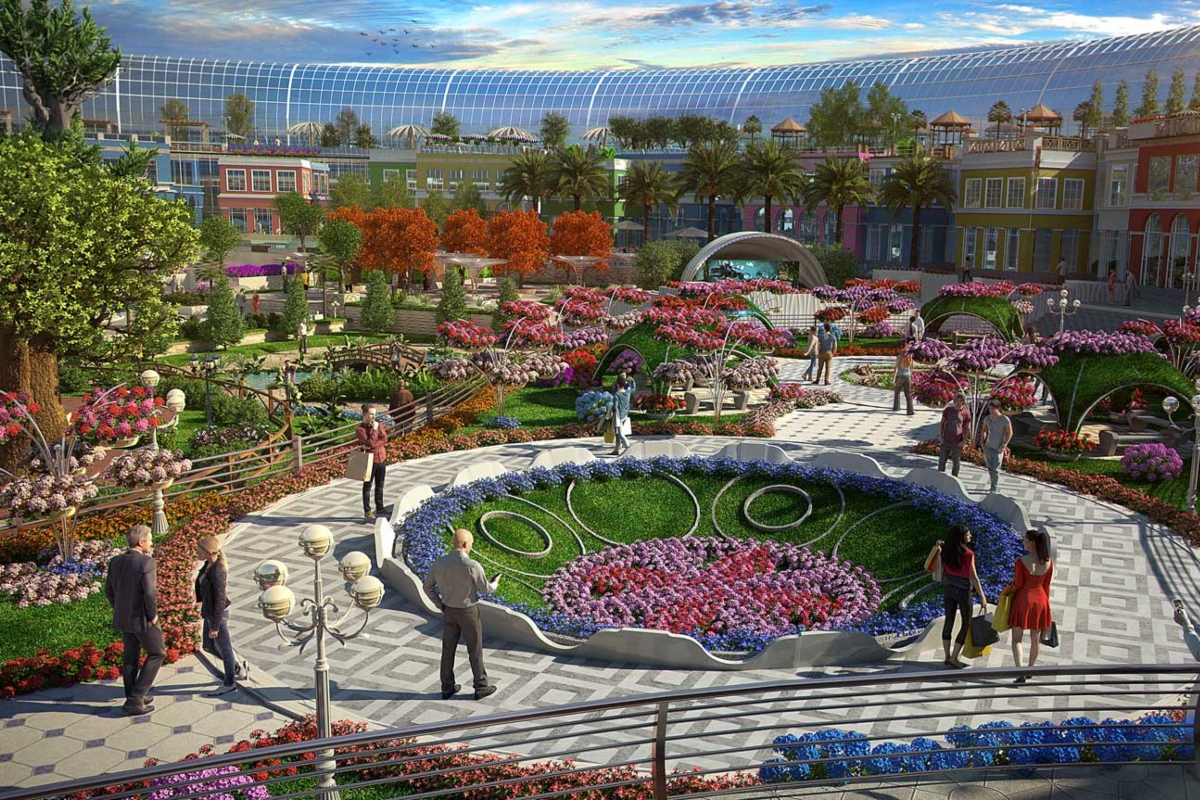
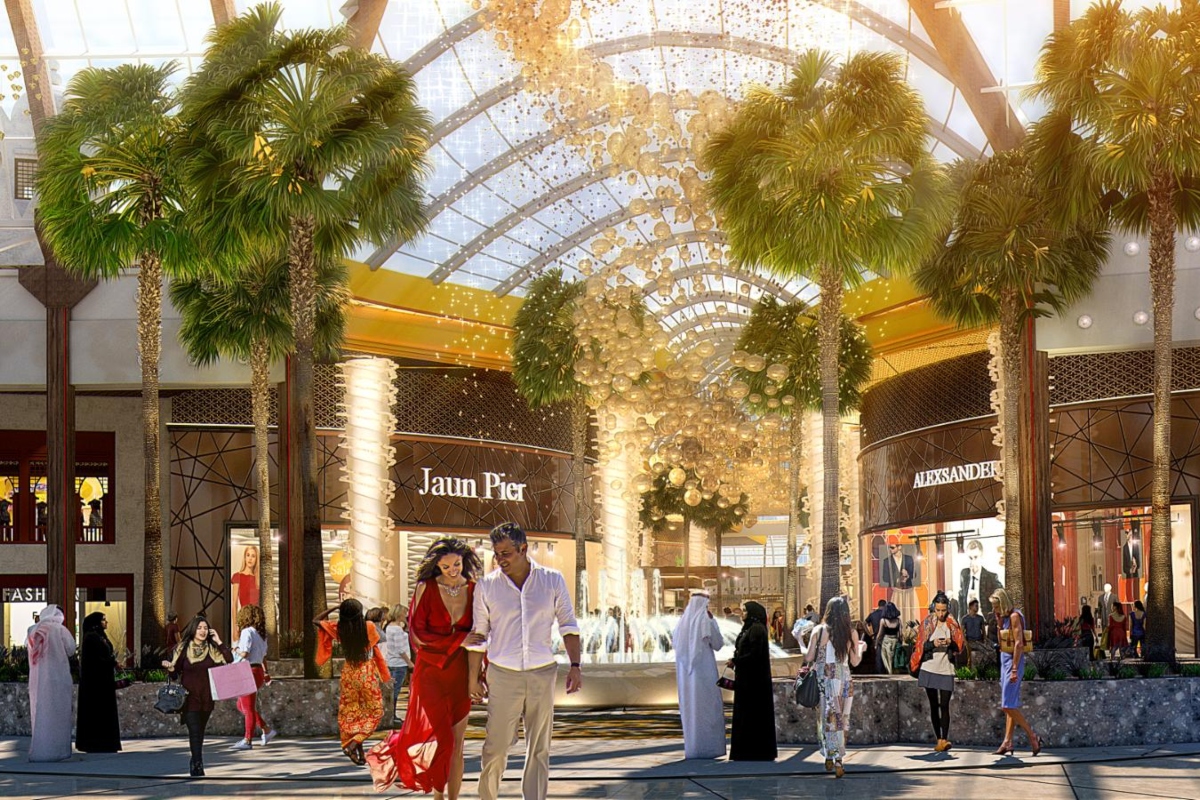
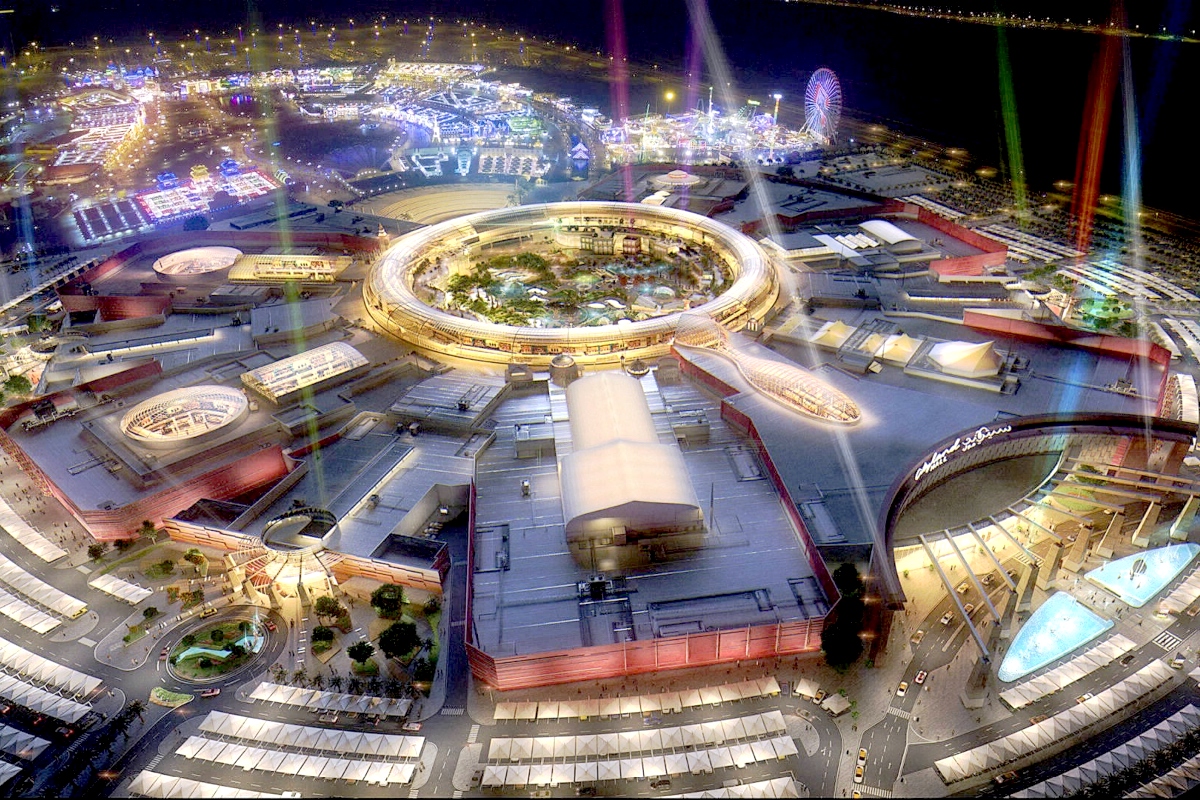
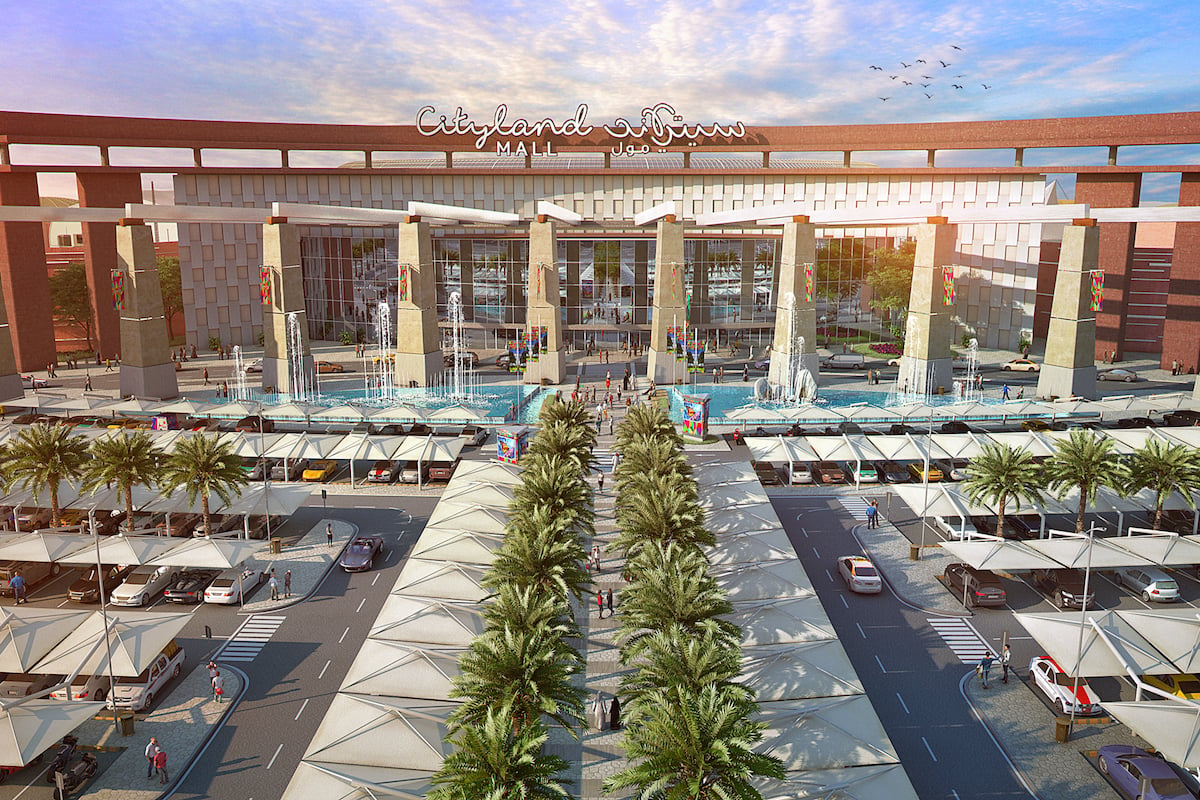
The futuristic stadium-shaped atrium is built around an enormous 18,580-square-metre open-air botanical garden nicknamed ‘Central Park’, located just a 20-minute drive from Dubai International Airport.
The man-made wonderland is the work of eccentric Cityland Group, a developer best known for creating the world’s largest natural flower garden, also in Dubai.
This living and breathing mega mall will feature winding streams and islands, rare trees and flower gardens, a tree-lined shopping strip and living "green walls".
But there’s more to this mall than just its looks – it’s also embedded with eco-friendly features including stormwater harvesting, and a garden irrigation system that relies only on treated sewage water.
"The skylights and facades are made from highly energy efficient glass which has reduced running power costs," Fahimuddin Sharfuddin, CEO Cityland Group, told CNN. "A large area on the roof of the building accommodates photovoltaic solar panels."
More than 300 businesses and restaurants will call Cityland Mall home, including fashion chains Matalan, Riva Fashion and Ipekyol, as well as a 10-screen VOX cinema, a ‘Cuisines of the World’ dining venue, and a Fabyland family entertainment centre.
Strategically located within a 10-kilometre radius of several affluent developing neighbourhoods, the site is expected to be in business by the end of 2019, with full occupancy by 2020.
From an uber-luxe private island in the Maldives to an eco-retreat in the heart of the Rwandan rainforest, which of these eight One&Only resorts would you choose for your next holiday?